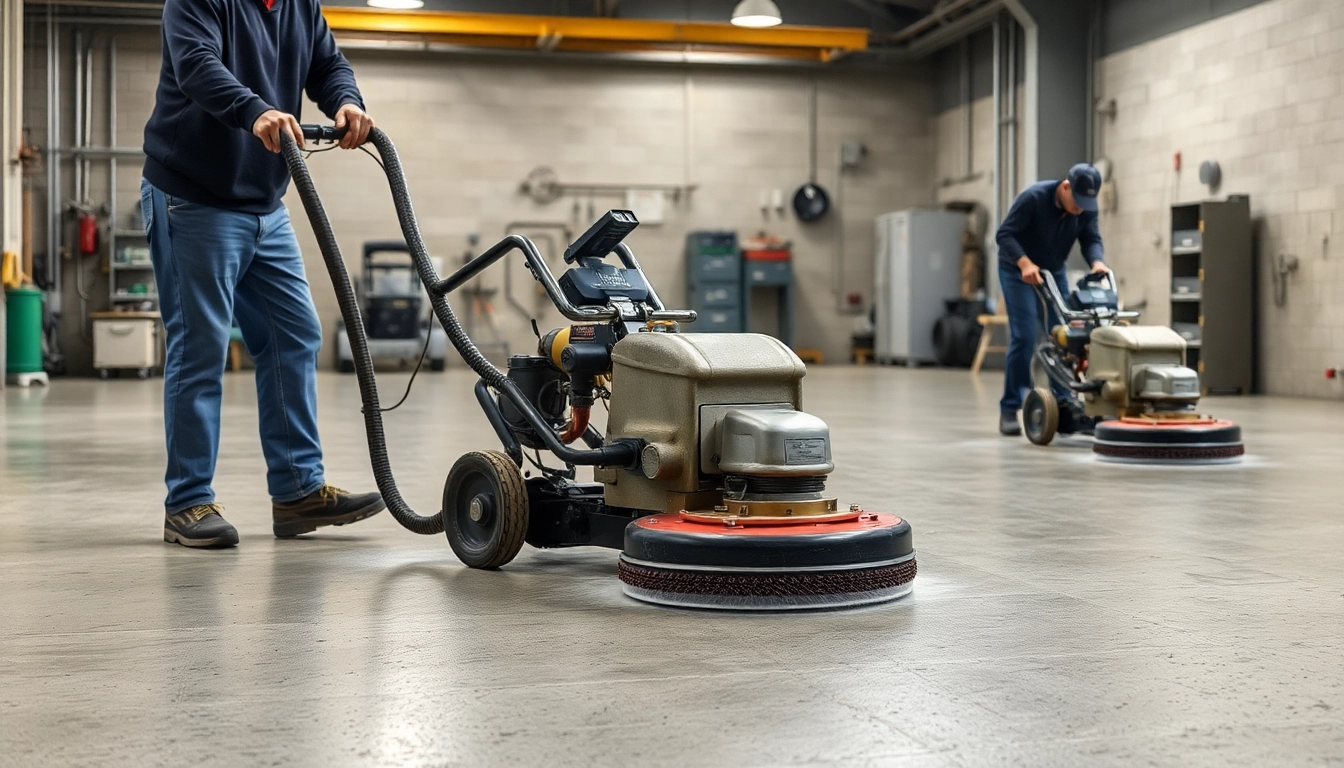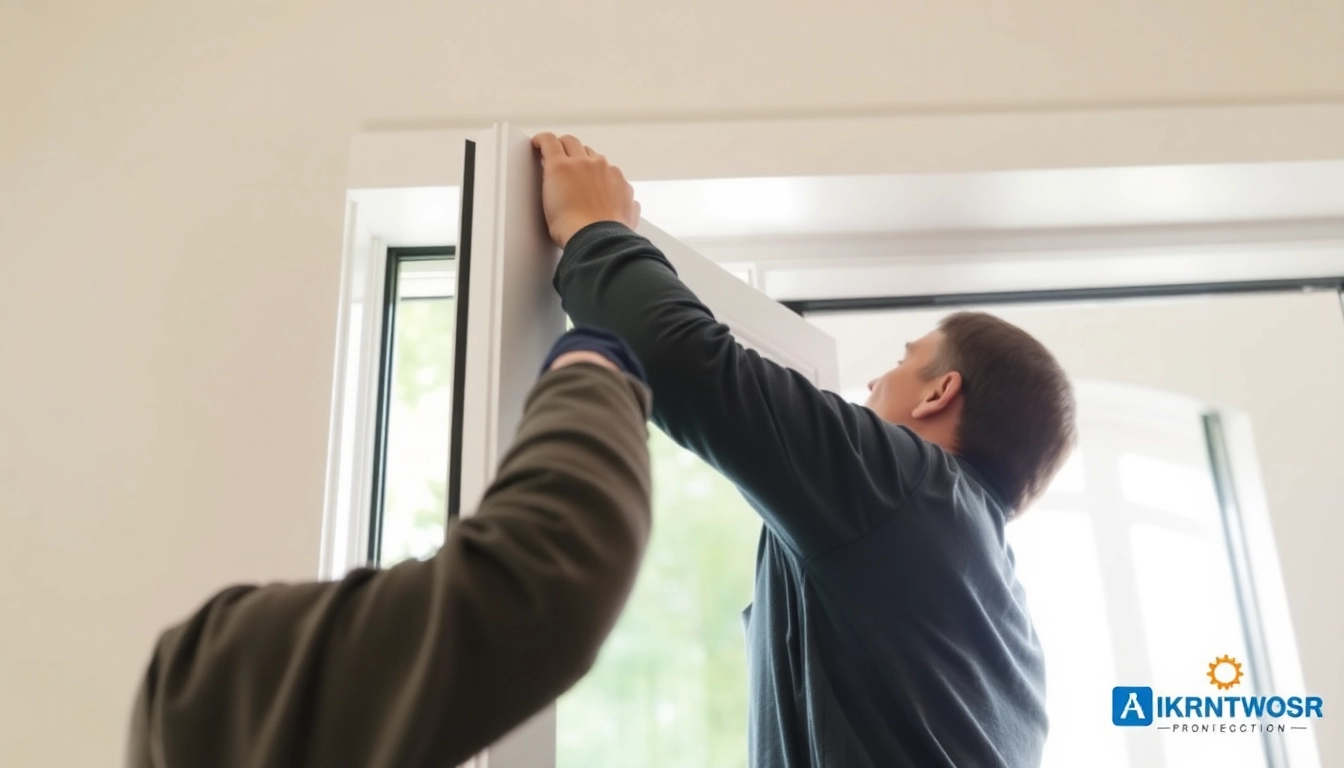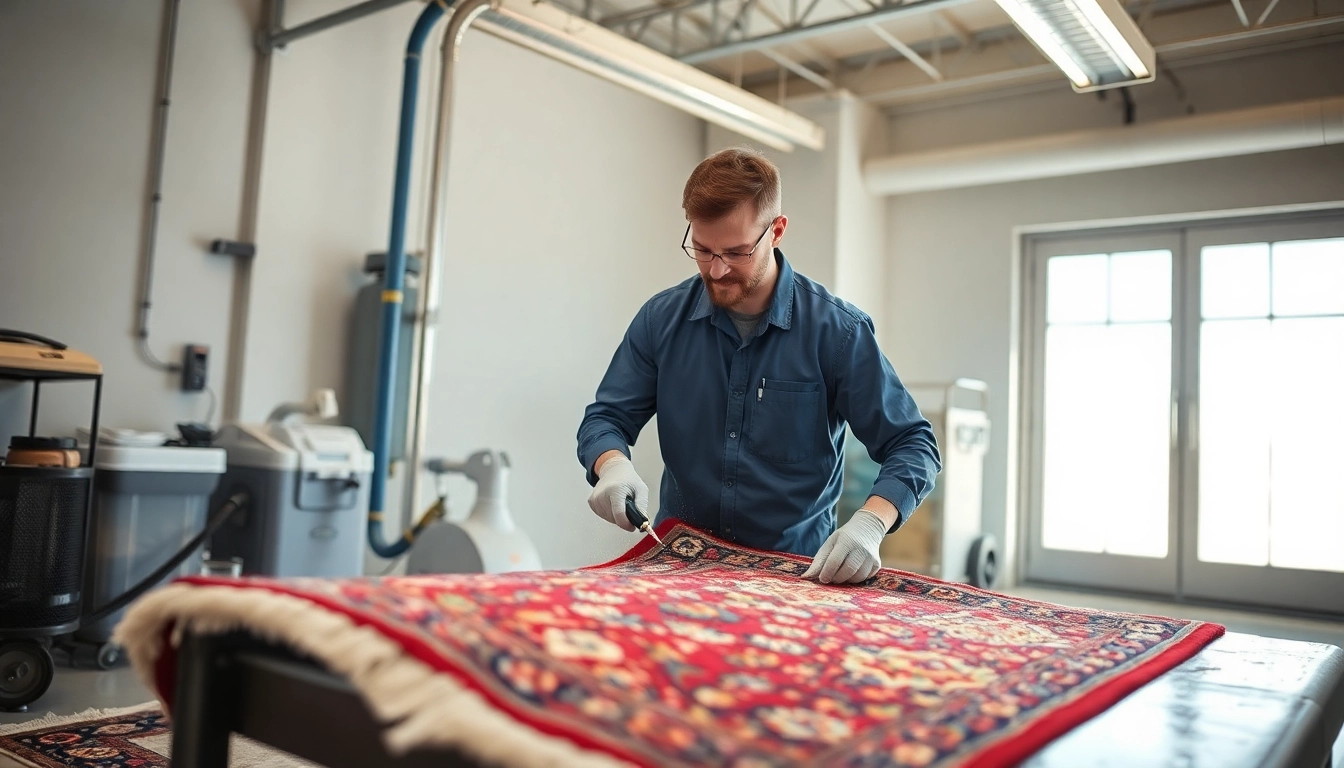Comprehensive Guide to Floor Preparation in Birmingham: Ensuring the Perfect Surface
Achieving a flawless, durable, and aesthetically pleasing floor begins with proper floor preparation — a critical step that often determines the success of any flooring project. In Birmingham, a city known for its rich industrial heritage and vibrant modern developments, the importance of meticulous surface preparation cannot be overstated. Whether you’re installing new hardwood, laminate, epoxy coatings, or resin flooring, thorough preparation guarantees longevity, safety, and optimal performance. To understand why this phase is vital and how best to approach it, let’s explore the essentials of floor preparation Birmingham and the best practices employed by top local experts.
Understanding Floor Preparation in Birmingham
What Is Floor Preparation and Why Is It Crucial?
Floor preparation encompasses all preliminary tasks undertaken to ready a subfloor or existing surface for new flooring installation. This involves cleaning, leveling, repairing, and treating the surface to meet specific standards. Ignoring this vital phase can lead to a host of issues, including uneven surfaces, adhesive failures, cracking, and premature wear. In Birmingham’s diverse climate—with its occasional humidity fluctuations and industrial environments—ensuring a properly prepared surface becomes even more essential.
Effective preparation establishes a stable foundation, minimizes future maintenance costs, and enhances the lifespan of the installed floor. From simple domestic settings to complex commercial or industrial facilities, the principles remain consistent: a well-prepared surface equals a more durable, efficient, and visually appealing floor.
Types of Floor Preparation Methods in Birmingham
Depending on the nature of the existing surface and the new flooring material, various preparation techniques are employed across Birmingham. Key methods include:
- Grinding and Shot Blasting: Utilized to remove top layers, laitance, and contamination while providing a rough texture for better adhesion. Common in industrial settings.
- Laitance Removal: Particularly critical before applying coatings or epoxy overlays, ensuring a clean, sound substrate.
- Self-Leveling Compounds: Used to fill in low spots or level uneven surfaces quickly and reliably.
- Reparative Patching and Repairs: Filling cracks, holes, or damaged areas with concrete or patching materials to restore integrity.
- Moisture Testing and Mitigation: Essential for substrates susceptible to moisture issues, especially in Birmingham’s humid seasons.
Common Challenges Faced in Birmingham Floor Prep Projects
Several common issues can complicate floor preparation in Birmingham, often stemming from environmental factors or substandard previous work. These include:
- Moisture and Dampness: Base floors prone to rising damp can cause adhesion failure if not properly treated.
- Uneven Substrates: Old concrete slabs or uneven timber floors requiring extensive grinding or leveling.
- Contamination: Oil, grease, or other residues that compromise bonding.
- Structural Damage: Cracks, spalling, or foundational issues needing repair before new flooring can be installed.
Best Practices for Effective Floor Preparation
Assessing Surface Conditions Before Starting
Thorough assessment forms the bedrock of successful floor prep. This involves visual inspections, moisture testing, and sometimes even core sampling, especially for older or industrial floors. A comprehensive assessment identifies:
- Surface damage or irregularities
- Moisture levels and potential vapor barriers needed
- The presence of contaminants
- Structural issues that require repair
Engaging a professional allows precise evaluation and helps tailor an effective preparation plan aligned with the specific project requirements.
Choosing the Right Equipment and Materials
Utilizing industry-grade tools and materials is crucial. In Birmingham’s commercial and industrial sectors, equipment like diamond grinders, shot blasters, and high-capacity pressure washers are standard. For materials, options range from quick-setting patch compounds to advanced moisture mitigation products. Precision and quality in equipment and materials directly translate to superior results and longer-lasting floors.
Employing Industry Standards for Safety and Efficiency
Compliance with safety protocols and industry standards—such as those outlined by the British Standards or industry bodies—ensures both safety and quality. Using appropriate protective gear, dust containment systems, and adhering to manufacturer guidelines for equipment prolongs operational safety and efficiency. Birmingham’s local regulations and environmental policies must also be observed to maintain legal and sustainable practices.
Specialized Floor Preparation Services in Birmingham
Residential vs. Commercial Floor Preparation
While residential projects often demand quick turnaround and cost-effective solutions, commercial and industrial projects require more rigorous preparation—often involving specialized equipment and materials. For homes, surface leveling, minor repairs, and moisture control are usually sufficient, whereas factories might require heavy-duty shot blasting or epoxy overlays to handle high traffic and load demands.
Resin and Industrial Floor Prep Solutions
Resin flooring, prevalent in Birmingham’s manufacturing and warehousing sectors, relies heavily on thorough preparation. Contaminant removal, laitance stripping, and surface roughening are step one before applying epoxy or polyurethane coatings. Similarly, industrial floors need consistent preparation to ensure adhesion and durability under heavy machinery and chemical exposure.
Innovative Technologies and Techniques in Birmingham
Technological advancements such as laser-guided grinding, moisture mapping devices, and automated leveling systems have elevated Birmingham’s floor prep standards. These innovations enable precise, efficient, and environmentally friendly processes—reducing downtime and improving finish quality. Local specialists integrating these tools offer clients breakthroughs in speed and result quality.
How to Select the Right Floor Preparation Partner
Questions to Ask Potential Service Providers
Choosing reliable experts is essential. Consider asking about:
- Experience with your specific flooring type
- Accreditations and certifications
- Past project references and case studies
- Use of industry-standard equipment and materials
- Estimated timelines and cost breakdowns
Evaluating Experience and Certifications
Verify credentials such as memberships with industry bodies like the British Coatings Federation or specialist training certifications. Experienced firms demonstrate the ability to handle complex issues like moisture mitigation or structural repairs with confidence.
Understanding Pricing and Project Timelines
Pricing varies based on project scope, materials, and equipment. Expect detailed quotes that itemize tasks. Efficient project management and transparency are indicators of a reputable partner. Birmingham’s top companies will also align project timelines to minimize disruptions to your schedule.
Measuring Success and Maintaining Results
Quality Control and Inspection Checks
Post-preparation, inspections focus on surface flatness, moisture levels, and adhesion tests. Using tools like thickness gauges and moisture meters ensures the prepared surface meets project specifications, reducing risk for subsequent flooring layers.
Post-Preparation Care and Maintenance
Proper cleaning and prompt repair of any minor damages preserve the integrity of the prepared surface. Regular inspections and applying protective coatings, where appropriate, extend the lifespan of both the preparation work and the final floor.
Monitoring Durability and Performance Over Time
Long-term success depends on ongoing maintenance. Follow manufacturer recommendations for cleaning and coating refreshes. For industrial floors, periodic re-coating and crack repairs help sustain performance under demanding conditions.



